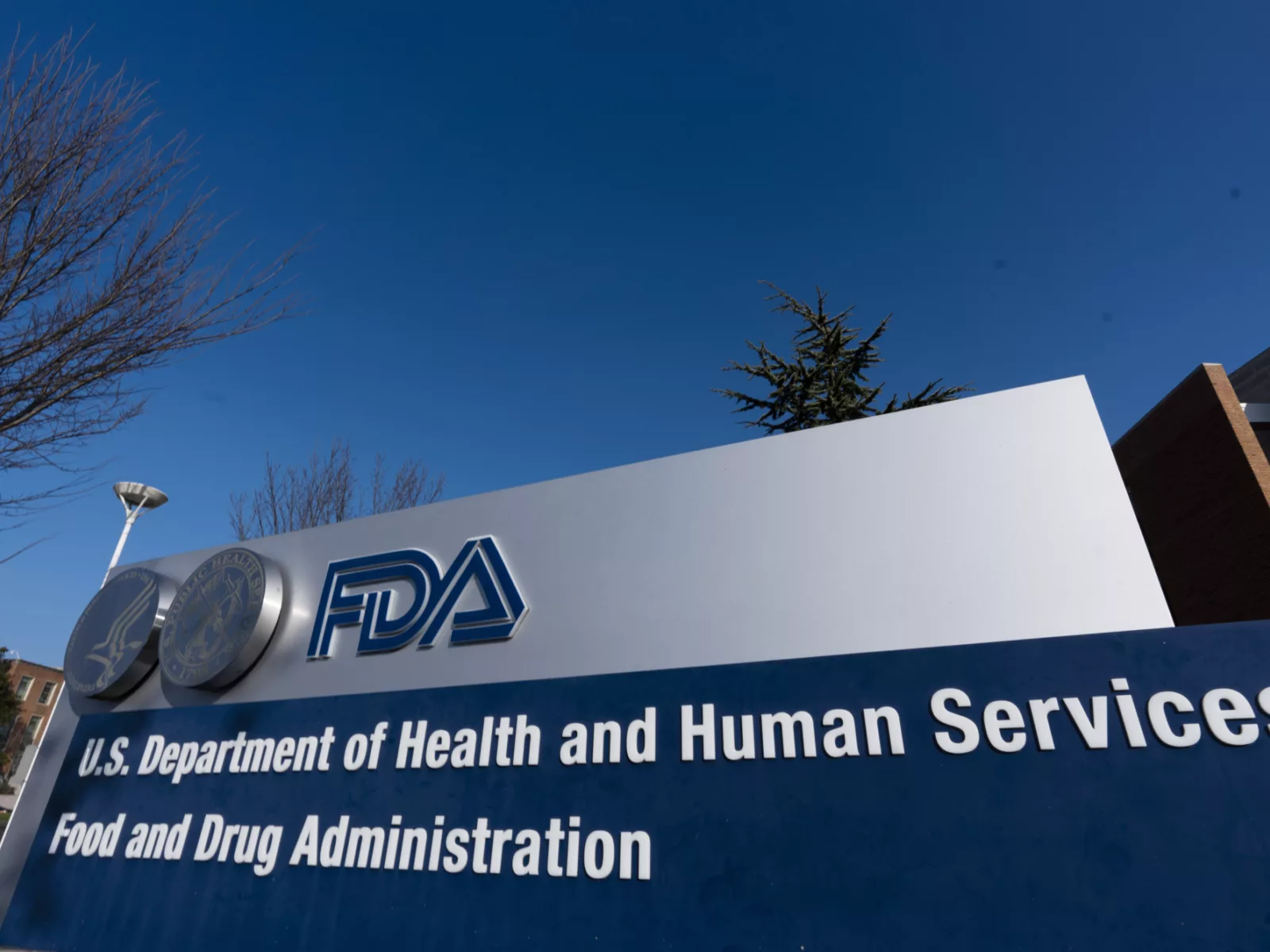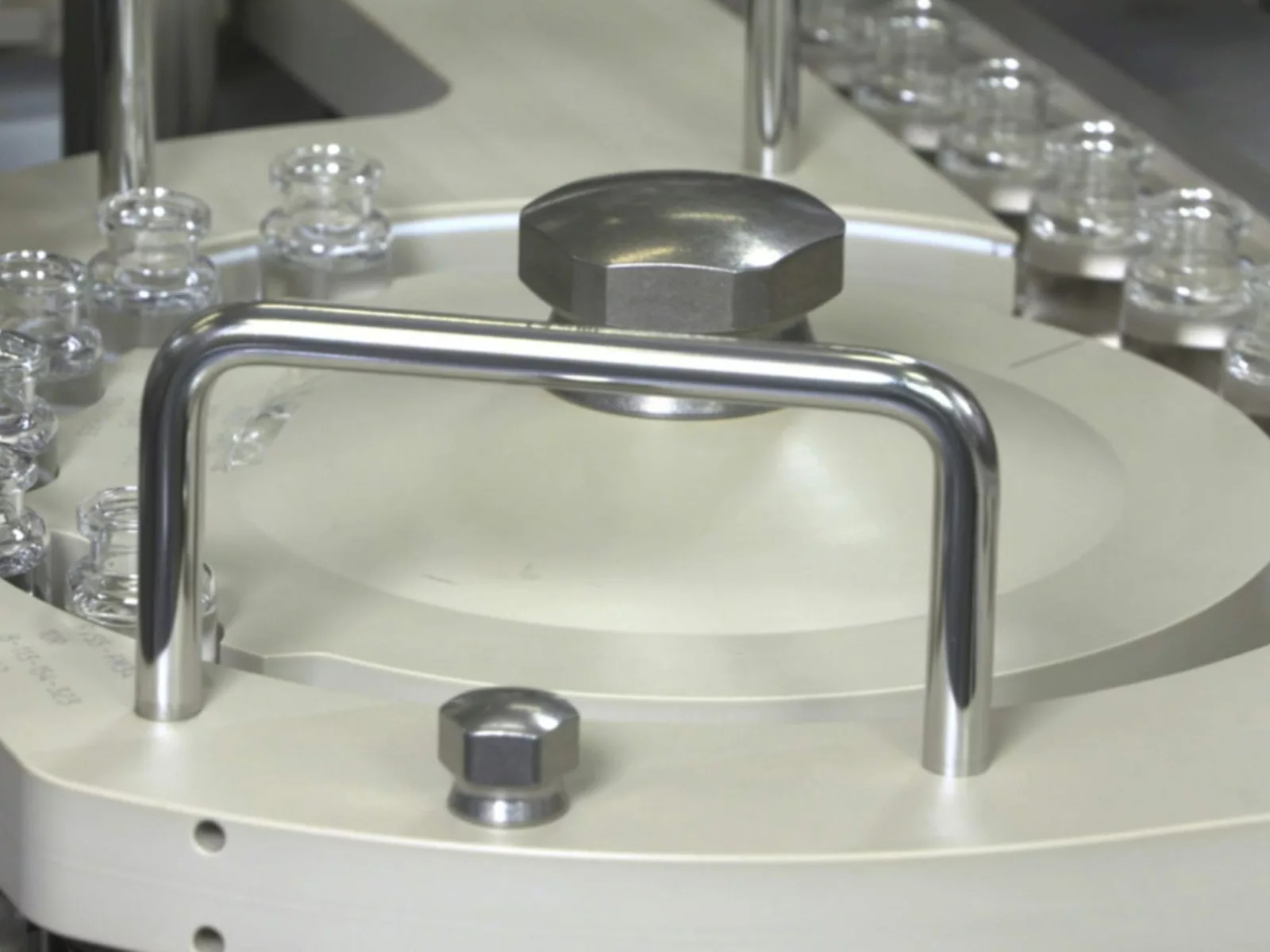Each year promising new prescription drugs, medical devices, and diagnostics become available. The Food and Drug Administration’s (FDA) approval process is designed to review all available evidence that ensures the safety and effectiveness of these medical products before they enter the market. But in recent years there have been growing concerns about the standards for collection and analysis of Real World Data (RWD) to generate Real-World Evidence (RWE) on new medical products.
The FDA defines RWE as “the clinical evidence regarding the usage and potential benefits or risks of a medical product derived from analysis of RWD”. In 2016, the 21st Century Cures Act introduced a program to evaluate the potential use of RWE in regulatory decision-making. This means that the FDA can consider RWD sources (e.g., Medicare claims and electronic health records) to generate RWE when assessing the risks and benefits of new medical products.
Patients deserve access to medical products that improve their health outcomes. Without reliable evidence upfront, physicians and payers such as the Centers for Medicare & Medicaid Services (CMS) cannot accurately assess whether a new product will be safe, appropriate, or effective for patients. Research shows nearly half (47%) of physicians believe that the threshold for drug approval by the FDA has decreased in the past five years.
Arnold Ventures recently submitted comments in response to a request for information from Congress on the 21st Century Cures Initiative, below are some of our recommendations:
- Improving interagency coordination within the Department of Health and Human Services (HHS), particularly between the FDA and CMS. Strengthening the collaboration between these agencies could lead to more robust data collection and analysis that serves two distinct authorities simultaneously.
- Requiring consistent use of advisory committees to inform the technical aspects of drug development and safety. The advisory committee meetings promote transparent data analysis and could be strengthened to regularly discuss evidentiary gaps in both benefits and potential risks of new medical products.
- Holding the FDA accountable for consistent standards and continuous monitoring of research on drug products after approval. This includes research to verify the long-term safety and effectiveness of drugs in real-world settings. CMS would also benefit from more resources to conduct comparative effectiveness studies in the Medicare program and update national coverage decisions based on new evidence. These enhancements would help create a sustainable process for generating and using clinical evidence to improve health outcomes.
Read the full letter here.




